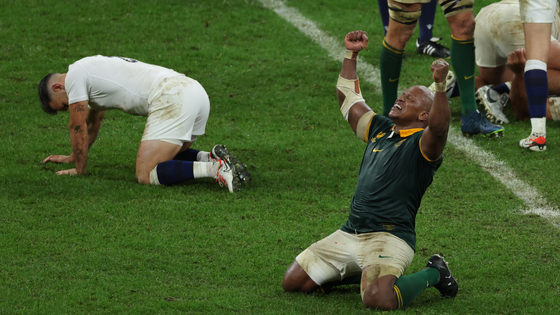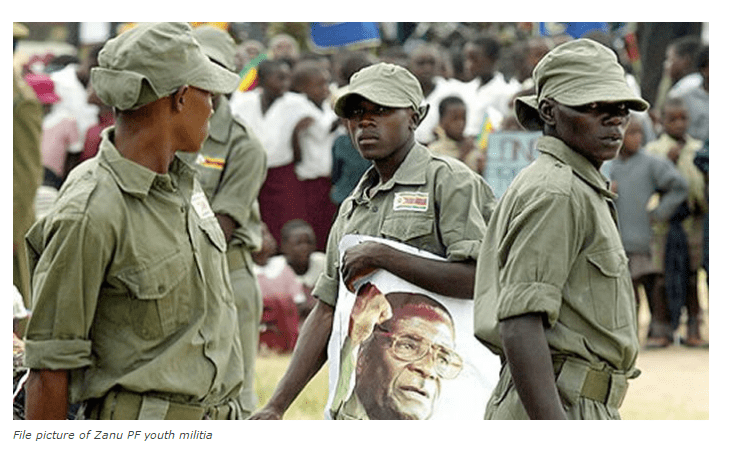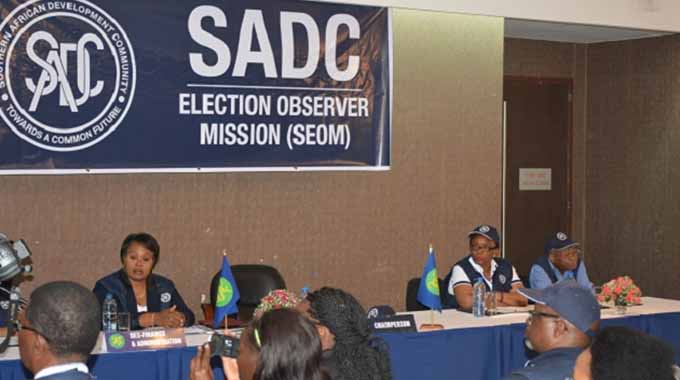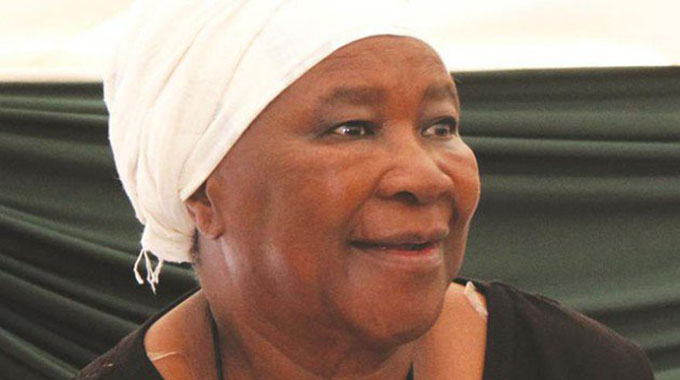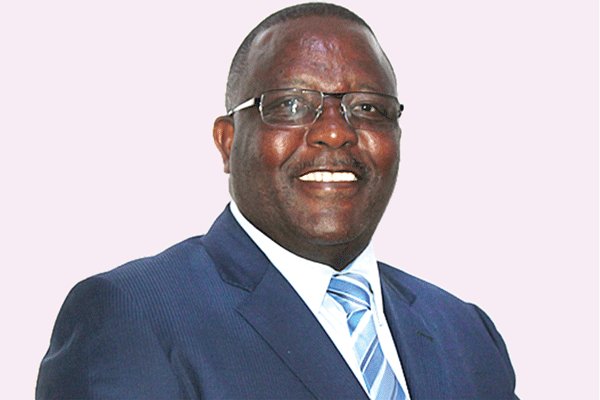In a gripping semi-final showdown against England in Paris, South Africa’s rugby team faced a challenging start but mounted a remarkable comeback, securing a narrow one-point victory with a final score of 16-15. This victory propels the Springboks into the 2023 Rugby World Cup final, where they will face New Zealand.
While the match was not the most polished performance by the reigning world champions, they once again demonstrated their unwavering determination and resilience to secure a hard-fought win by the slimmest of margins.
The turning point came in the dying moments of the game, with replacement lock RG Snyman crossing the try line, bolstered by a crucial penalty kick by the ace flyhalf Handre Pollard. Pollard, who took the field in place of Manie Libbok after approximately 30 minutes of play, showcased his world-class kicking abilities with a nerve-wracking shot at goal. Under immense pressure, he calmly slotted the ball through the uprights, giving his team the lead for the first time in the game.
For a substantial part of the match, the Springboks appeared fatigued and lacked their usual vigor, allowing England to dictate the game from the outset. However, a resurgence in the final 15 minutes, driven by replacement prop Ox Nche and his impressive scrummaging and breakdown skills, injected newfound energy and momentum.
The contributions of loose forwards Kwagga Smith and Deon Fourie, when they entered the fray, were pivotal. Fourie’s crucial carry following a lineout set the stage for Snyman’s try.
Nonetheless, the Springboks’ performance left much to be desired and is a luxury they cannot afford in the final.
England effectively controlled the game from the start, employing a territorial strategy and excelling in aerial contests. Their scrumhalf, Alex Mitchell, played a pivotal role in dictating play, displaying precision with his box kicks, enabling wingers Elliot Daly and Jonny May, along with fullback Freddie Steward, to chase with determination and compete for possession. They secured the first contestable kick and continued to dominate these situations, causing disruption for the South African team. It was perplexing why the Springboks persisted in kicking to Steward throughout the game.
Mitchell also relieved the pressure on his captain and flyhalf, Owen Farrell, with precise and lengthy touchline kicks, allowing England to exit their territory effortlessly in response to kickoffs or defensive turnovers in their own 22-meter area.
One of the Springboks’ main challenges was their inefficiency at the breakdown, which proved costly. While they may have had legitimate grievances regarding some refereeing decisions in this area, their performance in the tight-five positions was arguably the biggest concern. The South African forwards struggled against England’s physicality, particularly in the tackle area, and were frequently thwarted by double tackles. They failed to gain ground with their ball carriers.
Owen Farrell was the sole point-scorer for England, accumulating all their points with four penalties and a drop goal. It initially appeared as though his efforts would be enough to eliminate the Springboks from the tournament. However, the Springboks’ determination and fighting spirit ultimately carried them across the finish line, granting them one more opportunity to clinch their fourth Rugby World Cup title and defend their 2019 championship win.
Point-scorers:
South Africa 16 — Try: RG Snyman. Conversion: Handre Pollard. Penalties: Manie Libbok, Pollard (2).
England 15 — Penalties: Farrell (4). Drop goal: Farrell.

